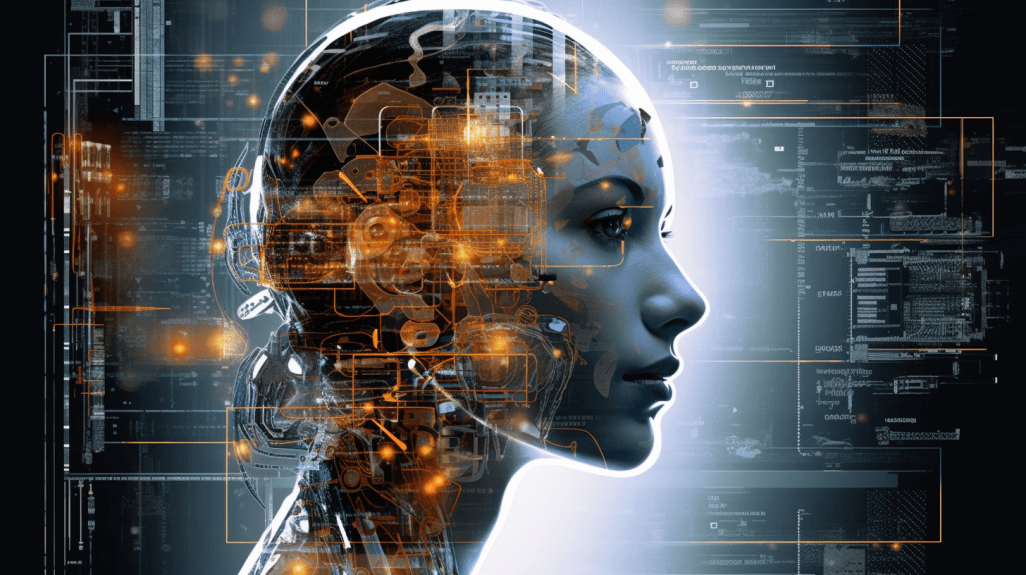
Artificial intelligence is a controversial development. The general public benefits from it every day in ways they might not recognize. AI is probably responsible for the targeted ads they receive, the online chatbots they encounter, and their doorbell security alerts. AI can read your documents, point out errors, and offer suggestions. It can also manage your health and financial records. AI is everywhere, and it knows a lot about you.
Since AI is pervasive, you may worry that AI is too risky. Could AI eventually work without humans? Has it already infiltrated your personal life in unknown ways? The answers are unclear. No one can see all of the possible complications. At this point, AI does pose some risks, but world domination is not one of them. But AI does pose some ethical issues, so you and your company need to embrace protective rules and guidelines. Without these guidelines, you may expose your clients’ data to bad actors and your company to numerous lawsuits. The U.S. Department of Defense has developed five basic AI ethical principles that should work for most organizations. Responsible AI development guidelines are necessary for your company and the people it serves.
The Importance of Ethics in AI Development
The long-term effects of AI use are unknown. When used with malicious intent, AI could pose risks to mankind. Machine learning is here, allowing software programs to learn from new data and experience the way that people do. Fears that AI could take over are exaggerated, but unchecked AI technology does pose privacy and balance-of-power dangers. An AI ethics framework is essential to safe AI development.
Ensuring Equitable AI Systems for All Users
The Department of Defense and AI is a frightening combination to contemplate, so it is reassuring that government officials have established these principles. A mistake in DOD AI could easily be disastrous.
The DOD states “The department will take deliberate steps to minimize unintended bias in AI capabilities.” AI must work for everyone equally, or it will stoke more divisions in society. Those with more wealth or higher education should not use AI to give them more power and exclude others.
AI Transparency and Accountability
The DOD calls this “traceability” and notes that “The department’s AI capabilities will be developed and deployed such that relevant personnel possesses an appropriate understanding of the technology, development processes, and operational methods applicable to AI capabilities, including with transparent and auditable methodologies, data sources and design procedures and documentation.”
This principle acknowledges that AI development and uses must be transparent so that no individual or small group can operate secretly. Their work must be examined by others in the organization, and the creators must be held accountable for their actions. While the average person doesn’t understand DOD AI, others in the department and the government do. This measure is meant to stop bad actors from using AI for their own purposes and not the greater good. It’s another “people-first” measure.
Privacy Concerns
People worry that AI is already invading their privacy, and they have a right to be concerned. AI takes in huge amounts of data to analyze. It then uses that analysis to perform tasks, such as targeted marketing.
AI is also key to many security programs and is used in facial recognition, fingerprint recognition, and behavior tracking. AI threatens the privacy of almost every citizen if strict guardrails are not in place.
Are you applying for a credit card? AI is analyzing your information and making decisions based on your personal financial information. Many are concerned that this process exposes them to serious data leaks. Major companies have already experienced massive data hacking, and consumers have had their identities stolen as a result.
Companies relying on AI data analysis must take strong steps to protect consumer information. One example is using differential privacy to add “noise” to collected data which allows AI to analyze it without exposing an individual’s information. More protective steps are available now and others are in development.
Future Outlook of Ethical AI Principles
Expect more government regulation of AI as it continues to develop. Right now, the regulations are struggling to catch up to already existing problems. AI is already embedded in the daily lives of the world’s citizens. The biggest difficulty in AI ethics is keeping up with the changes.
Your Company and AI ethics
To protect your consumers and remain compliant, you need an artificial intelligence consultant. The rapid growth of this technology demands ethical AI guidelines be followed at every public and private organization. This area is incredibly sensitive and relatively new, so it demands expertise to manage. An expert consultant can help you stay current with both the technology and the legal ramifications. In that way, you can avoid harming your company’s reputation and betraying the privacy of your clients.
A human-centric AI approach means using AI to benefit people by taking their needs into consideration. AI, then, is a tool to increase human capability and not a replacement for them. Making AI safe and effective is a full-time effort that requires effort and understanding. Even then, AI may not be completely safe.
